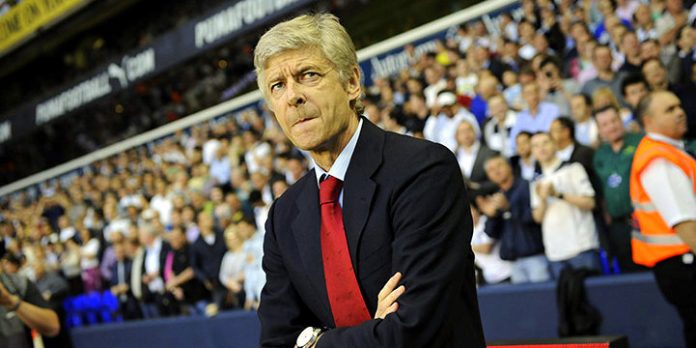
At 63 years old, the Frenchman still appears to be in robust health, even if the stresses and strains of watching his team perform does sometimes offer up the image of a man in turmoil. One wonders however, how many more years are left for him at the helm of a top Premier League club, with all that entails. It’s unlikely that Wenger could ever contemplate any diminishing of his comprehensive control of the club whilst he is in position, so it seems that any tenure will continue to be an ‘all or nothing’ commitment. Such being the case, the next contract he signs, which is apparently a ‘fait accompli’ will in all likelihood not only be his last, but the length of the agreement may set out the timeframe for the club to find his successor.
If Wenger and the club decide on the rumoured five year deal, which will take Wenger into his late sixties, it will be a very formative time in the history of the club. Should Arsenal secure, say, three or four trophies in that time – not an outlandish proposition surely, given the start to the season – and let’s say one of those is the championship, any incoming manager will have an entirely different remit to one that would be arriving to view a trophy cabinet bereft of silverware since 2005. Whether the former or latter would be the easier gig is up to question. The opinion of David Moyes on that particular subject would be interesting.
Changing things in time of crisis or need is always easier than doing so in times of plenty, and should Wenger enjoy a final glorious season in a few years time, as with his long-time sparring partner, Sir Alex Ferguson, the incoming manager will be seen to be coming in on a wave and with an easy job to keep ‘the ship, steady as it goes’. The reverse situation however would mean that the new man can come in and make his mark immediately to show that he is the’ new’ man at the top. Keeping managers for a long time is a laudable exercise and one that has paid dividends for Arsenal and Manchester United. When the inevitable break arrives however, the parting can be so much more difficult.
For more from All Blue Daze:
Facebook: Search “All Blue Daze” and click “Like.”
Twitter: @All-blue_Daze
Blog: www.allbluedaze.tumblr.com
Add Sportslens to your Google News Feed!